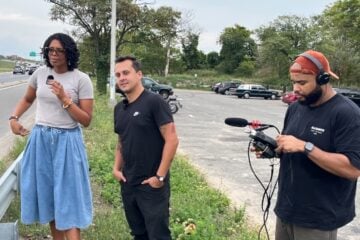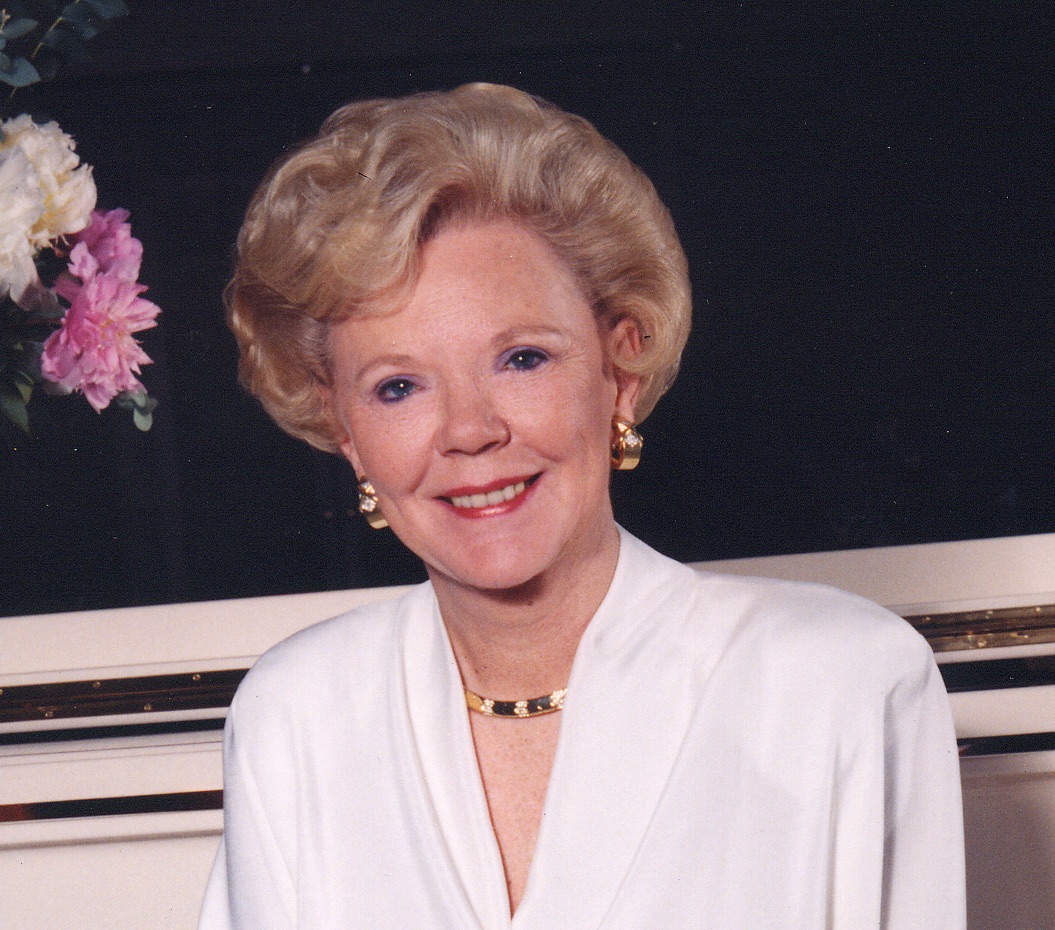Cost savings become ‘primary concern’ in station scheduling decisions

PonyWang / iStock
The loss of CPB funding has already caused changes to the programs that audiences find on public media stations.
While many radio PDs are cautious about maintaining their programming without disruption, three stations have taken the drastic measure of dropping their NPR memberships and programs. Others are evaluating their options for replacing shows that they may not be able to afford much longer.
Station leaders who spoke to Current say they are ending more expensive programs, seeking efficiencies and opting for more free and inexpensive programs to put on air.
The “primary concern” of station programmers right now is finances, said Public Media Content Collective Executive Director Abby Goldstein. “Station programmers are looking at their schedule and saying, ‘Where can I save money here?’”
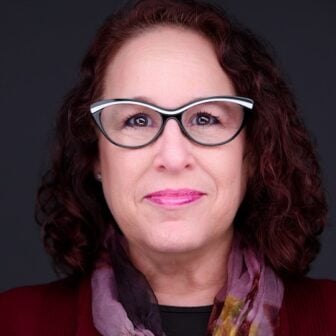
Goldstein expects stations will be airing fewer nationally distributed programs that are “pretty ubiquitously across many digital platforms,” she said. “They’ll be looking for ways to augment their schedules with more local … inserts, more local short-form programs, more local segments.”
In Fairbanks, Alaska, KUAC-TV/FM has ceased overnight broadcasts for its television and radio stations. The late-night sign-offs, which started Sept. 8, are the first phase of programming and service reductions intended to offset the loss of $1.2 million in CPB funding — about 31% of the station’s overall budget, according to Gretchen Gordon, GM and director of development and outreach.
The first phase also includes ceasing broadcasts of TV multicast channels World and Create, ending TV translator services in the nearby city of Nenana, dropping radio broadcasts of three PRX-distributed programs and eliminating open positions, Gordon said.
The canceled PRX shows are This American Life, Live Wire and Snap Judgment, according to an FAQ on the station’s website.
The overnight broadcasts, in particular, are a loss in a state where late travel is common, she said.
“It’s a constant companion for a lot of people, and that’s something that we’re very proud of,” Gordon said. “Unfortunately, the power costs at our transmitters for little old KUAC are nearly $100,000 a year, so we’re having to find every cost saving that we can in order to weather the storm.”
In the lower 48, the loss of Cincinnati Public Radio’s CPB funding led to difficult decisions about the costs of weekend programming. “It’s very challenging,” said Jenell Walton, VP of content. “… Even if it’s just one listener, it is so hard to disappoint that listener.”
Cincinnati Public Radio is a community licensee that operates NPR News and classical music stations. It also manages WMUB-FM in Oxford, Ohio, which retransmits the signal of its news station.

Walton said she had already planned to “freshen things up” on the weekends, but losing CPB funding accelerated those decisions. The station’s CPB Community Service Grant of $485,000 provided about 6% of its budget, she said.
Beginning Oct. 4, Cincinnati Public Radio extended broadcasts of NPR’s Weekend Edition by an hour and added the BBC’s Newshour on weekends. Four NPR-distributed programs left its schedule: It’s Been a Minute/Wild Card, Code Switch/Life Kit, TED Radio Hour and Bullseye. It also stopped carrying Living on Earth and Milk Street Radio, Walton said. Both shows are distributed by PRX.
Three shows joined the schedule “at no additional cost,” she said: Ye Gods with Scott Carter, Sports in America and The Children’s Hour.
The schedule changes saved the station about $45,000, Walton said.
Cincinnati Public Radio was already paying for Weekend Edition and the BBC, so allocating time slots for those shows makes efficient use of existing program rights. “We realize that listeners do like … to hear international news on a weekend, so it all went hand-in-hand,” Walton said.
Wait, Wait … Don’t Tell Me!, the most expensive program in Cincinnati Public Radio’s weekend schedule, is staying put. It continues to air in two prime-time weekend slots, noon on Saturday and 1 p.m. on Sunday.
“Listeners have enjoyed it for so many years,” Walton said of WWDTM. Canceling it would be very difficult, she said, “because we know … it’s more popular around the country and in our market.”
Wait and see
Tri-States Public Radio has postponed decisions about programming changes, in part because it qualified for NPR dues relief, said GM Heather Norman. The station, a university licensee headquartered in Macomb, Ill., has a “little bit of cushion” because it typically hasn’t spent its CSG immediately after receiving it, she said.
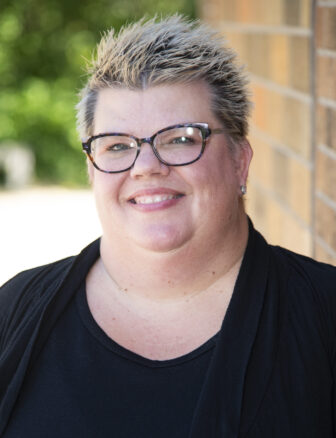
About 17% of TSPR’s revenue budget came from CPB funding, with its last grant at $204,000, Norman said. But the station, which broadcasts to western Illinois and portions of southeastern Iowa and northeastern Missouri, is already operating “about as lean as you possibly can,” she said. Following a funding cut by its licensee in 2016, TSPR now employs six-and-a-half staffers, she said.
Norman is considering replacing NPR’s Here & Now, which costs about $15,000 annually, she said. That proposed change was already on the table before the CPB cut. If she proceeds, she pointed to River to River from Iowa Public Radio and The 21st from Illinois Public Media as possible replacements “that might serve the audience a little bit better,” she said.
Norman expects that some nationally distributed shows now airing on TSPR could be canceled over the next few months and wants to see how the programming landscape changes. “The one thing I would hate to do is cancel a program and then the program that I was depending on [to replace it] be canceled,” she said.
Wisconsin Public Radio has already stopped producing its three nationally distributed programs, To the Best of Our Knowledge, Zorba Paster on Your Health and Beta. WPR cited “pressures around state and federal funding” when it announced the cancellations in June as part of a deficit-driven workforce reduction. All three series delivered their final episodes Sept. 27.
TSPR has made one change in response to the loss of its CSG, bumping NPR Music’s Jazz Night in America from its late-night slot to add Jazz Spectrum from Northern Illinois Public Radio, she said.
Norman feels fortunate to be able to ask her audience about any big change to NSPR’s schedule. “I’d like to get some feedback from our audience on what they would like to hear or see,” she said.
‘Superserve our local community’
Two radio stations moved quickly to drop NPR programs and membership: WLRH in Huntsville, Ala., which is licensed to the Alabama Educational Television Commission, and KMUN, a community radio station in Astoria, Ore. Leaders from both stations said they’re looking to save money while producing more local programming.
“We just looked at the amount of money we were losing and the money that we were having to pay to NPR, and we thought there are probably some different things that we can do with that money for the long-term health of the radio station,” said Erich Brukner, GM of WLRH.

NPR programming accounted for about 30% of the schedule, he said, and the dues and fees WLRH paid to the network were “significantly more” than its annual CPB grant.
Two other stations — Tuscaloosa-based Alabama Public Radio and WJAB in Normal, Ala. — air NPR programming in the Huntsville market, Brukner noted.
“That’s a lot of money that we’re looking at and thinking, ‘Wow, we could do some different, groundbreaking things to really enhance our position in the market,’” Brukner said.
Pointing to findings from the 2024 Researching Unmet Needs study that showed audiences crave more local content, he said WLRH replaced NPR’s Morning Edition with a four-hour daily show. Tennessee Valley Mornings, which debuted last week, is a mix of mostly local content, “not just news, but features, interviews, highlighting nonprofits,” and some national news, he said. “We had to do something different.”
“There are more ways to hear NPR programming for free today than ever before in history,” he said. “We knew we needed to superserve our local community.”
Brukner had hoped to work out a deal that would allow WLRH to continue airing some NPR programs as a nonmember, “but negotiations really didn’t seem to go anywhere,” he said.
Brukner has heard both positive and negative reactions to the changes. “People have a personal relationship with NPR, and we totally understand that, which is why we’re telling people where else they can find the content,” he said.
KMUN PD Jack Harris said the community radio station spent about half of its $170,000 CPB CSG on NPR dues. The decision to drop its membership and replace 35 weekly hours of NPR programming in its schedule was “purely budgetary,” he said.
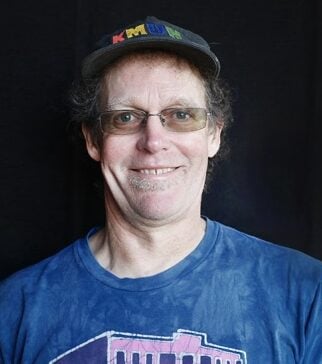
He believes the schedule revamp could be a good move for the station.
“From a purely programming side of things, I support NPR,” he said. “I support their mission and everything, but I think this station is going to be fine without carrying it.”
“As I’m working on this, I’ve said it several times, ‘We should have done this years ago, just as a strategic kind of thing,’” he said. “… Everyone assumed that our listeners would get up in arms if we messed with their Morning Edition or messed with Terry Gross, but that doesn’t seem to be the case yet. I’m mostly getting supportive feedback.”
KMUN, which broadcasts to a coastal community that’s also served by Portland-based Oregon Public Broadcasting, has developed a local news program for weekdays, KMUN News, and is turning to WNYC for more national programs. Harris had already planned to pick up more WNYC shows when the New York City station announced its national productions would be available for free to the most vulnerable stations. WNYC syndicates its programs in a bundle, and KMUN hadn’t scheduled all of the shows it had purchased.
As a community station, KMUN will also lean more on community members to help produce unique, local shows. “We lost a lot of programmers during the pandemic. … And so there are a handful of those people I’ve brought back in to fill in some programming,” he said.
But his biggest challenge in dropping NPR?
“I have not found a good replacement for Wait, Wait…Don’t Tell Me!”



